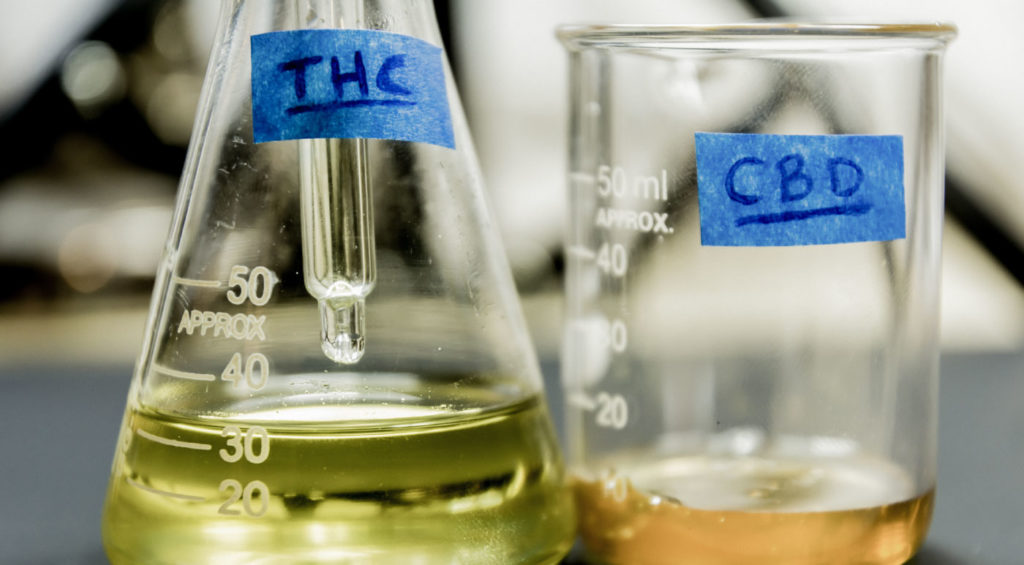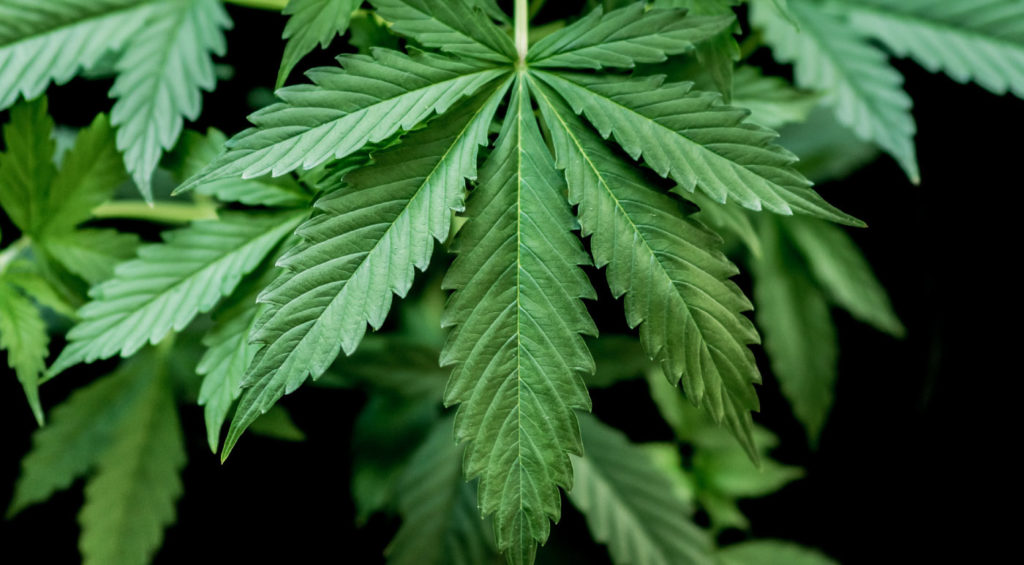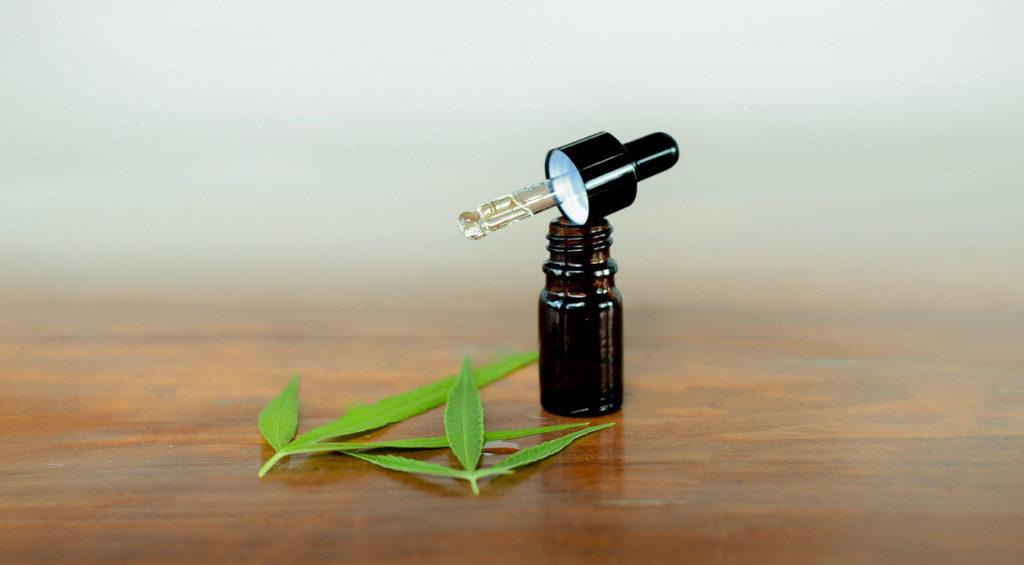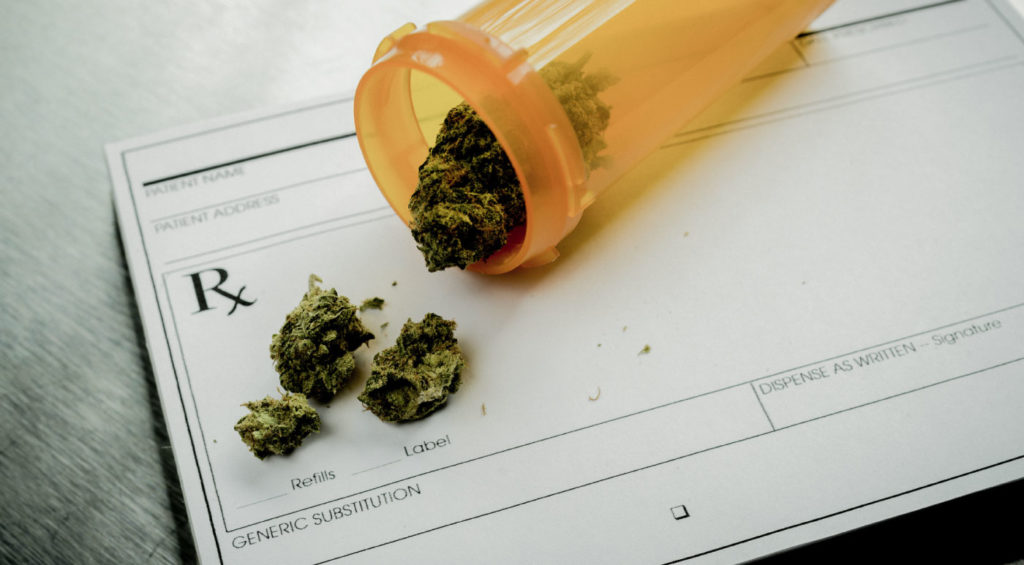
Cannabis plants produce over 100 unique biological compounds known as cannabinoids. Some of these are believed to have medicinal properties, but most have not yet been properly investigated by the research community. Two cannabinoids that have been investigated—and have even become household names in recent years—are THC (tetrahydrocannabinol), and CBD (cannabidiol). In this article, we will contrast CBD vs. THC to examine the differences between these two voguish compounds.
First, it’s important to remember that there are multiple plants in the cannabis sativa family, and different compounds—and ratios of compounds—are found in those plants. For instance, the marijuana plant has high levels of TCH and low levels of CBD, while the industrial hemp plant has very low amounts of THC and high levels of CBD. So the type of plants determines the type of products that are made with them.
What Is THC?
THC is what gave the cannabis plant its notoriety, as it is the primary psychoactive ingredient in marijuana and hashish—the stuff that gives people the “high” they feel when it is consumed. THC is the most abundant cannabinoid in the marijuana plant.
What Is CBD?

The cannabinoid that has garnered the most interest for its purported medicinal properties is CBD. This interesting cannabinoid may exert pharmacological effects without the psychoactive side effects of THC. It is purported to have a number of health applications, including possibilities for helping manage pain, anxiety, seizures, and inflammation.
At this time, only one medical use of CBD has been approved by the FDA (a prescription seizure medication containing CBD), but CBD is a robust focus of research.
What Are the Main Differences Between CBD vs. THC?
Although THC and CBD are both cannabinoids and come from similar plants, that is where their similarities end. The main points of difference between CBD vs. THC are:
- THC and CBD have different effects on the body and mind, including different potential side effects.
- THC is psychoactive, while CBD is not.
- THC is a drug with addiction potential and is often abused, while CBD is not addictive.
- THC is used primarily for its psychoactive effects (the “high”), and CBD is used primarily for its purported health effects.
- THC has more legal restrictions than CBD does.
How Are THC and CBD Consumed?

Both cannabinoids may be consumed by smoking or nebulizing them (“vaping”), dissolving them under the tongue or inside the cheek, eating or drinking them, applying them to the skin, or by a rectal or vaginal suppository.
When cannabinoids are ingested, they are not well absorbed into the body unless they are dissolved in oil, because they are fat-soluble. Any edible plant oil may be used, but the higher the fat content of the oil, the better it is at dissolving and supporting the cannabinoid.
What Is the CBD:THC Ratio?
Cannabis plants have been, and continue to be, bred and genetically manipulated to produce various amounts of CBD vs. THC. An example of this is the industrial hemp plant, which was bred to contain negligible amounts of THC so that the plant could be grown in countries where THC is illegal.
The CBD:THC ratio determines the properties of a cannabinoid-containing product by comparing how much of each of these cannabinoids is present in the product. For example, a CBD:THC ratio of 0:1 would indicate that the product contains THC without any CBD, so that the psychoactive effects would likely predominate.
Likewise, a CBD:THC ratio of 1:0 would indicate a product containing CBD without any THC. Different CBD:THC ratios indicate various mixes of these two ingredients, with the purpose of attempting to vary the effects of the product.
Are THC and CBD Legal?

The legal story of cannabinoids is evolving rapidly. The main basis for the legal distinction of CBD vs. THC is that THC is known to be an addictive drug of abuse, while CBD is not.
The legal status of THC and CBD differs between states, and takes any of four forms: legal, legal for medicinal use, legal for medicinal use with limits on the THC content, and prohibited for any use. The laws governing THC-containing product production, sale, use, and possession for medical and/or recreational use are complicated and rapidly evolving. At the time of writing, 33 states have legalized THC-containing products with various restrictions and legal guidelines.
Because of its association with its cousin THC, CBD has suffered a legal stigma that still haunts its legal availability in the U.S. When it comes to the legality of CBD vs. THC, CBD products that are derived from the industrial hemp plant and contain no more than 0.3% THC are federally legal in the U.S.—although some states restrict who can buy and possess it (such as Virginia, which requires a prescription).
Since CBD is no longer a federally banned substance, it is now regulated by the FDA rather than the DEA. That statement, however, may cause some confusion, and here’s why:
The FDA may approve a product containing CBD if it is proven to be beneficial and safe (such as the anti-seizure medication it approved). But the FDA does not regulate the CBD products that are commercially available. Because these products are not regulated, it’s important to always make sure you get CBD products that are made by a company that uses third-party testing to ensure purity and potency.